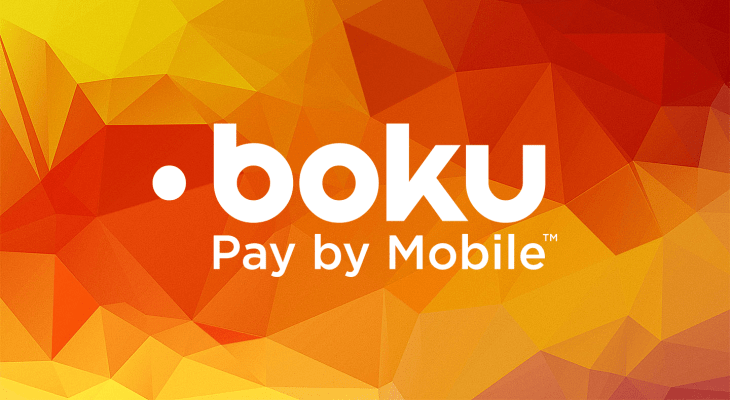Global mobile payments company Boku announced a $13.75 million funding round today led by a consortium of UK investors. The company had previously raised approximately $77.25 million from Khosla Ventures, New Enterprise Associates, Index Ventures, Benchmark, and Andreessen Horowitz among others.
The relatively small round, within the greater context of the company’s past fundraising efforts, includes investors that could be considered strategic. Japanese company GMO Payment Gateway is participating in the round. The UK consortium also included angel investors Andrew Black and Robert Markwick. Black notably founded Betfair, the worlds largest online betting exchange.
Boku enables mobile payments to be powered by carrier billing, rather than traditional credit cards and bank accounts. Much in the same way that we text money to charity, Boku lets cell phone users charge things like game purchases directly to their carrier.
To U.S. cell phone users, this may initially seem like an odd concept. One reason is because Apple does not allow carrier billing in the United States. Perhaps more importantly however, U.S. companies are still skeptical of “bill cramming.” While not as large of an issue today, it was common in the early days of carrier billing for some merchants to deceive customers into approving unwanted charges on their phone bill.
“U.S. consumers are important to us but not necessary for our business,” said Adam Lee, chief product officer for Boku. “If it never takes off in the U.S., we are still bullish about our growth.”
Globally however, carrier billing has been growing rapidly as companies like Apple, Google, and Microsoft have incorporated the feature into many of their services. Today, Boku processes hundreds of millions of dollars in transactions across 55-60 countries. The company’s largest markets include the U.K., Germany, Japan, and Taiwan.
Lee notes that the growth of on-demand services like Uber will bolster the use of Boku in environments outside of the remote purchase of premium digital content. Cell phone owners use carrier billing for a variety of reasons, but ease of use and security usually top the list, explains Lee.
“Boku requires the least change to consumer behavior in the mobile payments space and the least amount of things a merchant needs to do,” said David Weiden, partner at Khosla Ventures.
To get up and running, all consumers have to do is complete a simple SMS handshake to confirm they are using the device they plan to charge to. The company doesn’t see itself as a direct competitor to other mobile wallets, but rather sees itself as a component of a larger ecosystem of payment options.
“Think about Boku like cash,” added Weiden. “We don’t buy flatscreen TVs with cash either, but at the Deli maybe we use cash.”
On the merchant side, companies like Facebook already work with Boku to facilitate swift transactions for gamers and other consumers of digital content. Boku takes a small percentage of all transactions as its revenue stream much like Visa or MasterCard.
While the round is smaller, Lee notes that the company is approaching profitability and that the capital is reflective of what the company needs today.
